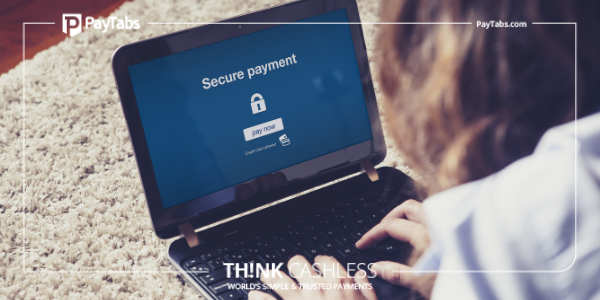Five Tips to Secure Your Online Transactions
Posted on

Digitalization in businesses has transformed the way consumers shop. With digital transactions taking over paper money, cyber-attacks are on the rise owing to the sloppy online shopping habits of buyers. As a result, the need to protect your personal information becomes critical and inevitable.
Although, online transactions come with a risk, there are certain tips that can help you secure them and keep cyber vulnerabilities at bay.
A Secure Connection
If you are initiating a payment online, look for a padlock icon beside the website address. HTTPS only guarantees a basic level of internet security, while HTTP is completely insecure. If the website address features HTTPS with the padlock icon beside it, the website is secure.
Authentic shopping sites redirect you to an encrypted version of the payment page. To validate this, look for logos such as VeriSign. Clicking on the logo will give you additional information regarding how secure the website is. Besides, always keep your internet browser updated. The best alternative is to shop through the official merchant apps that can be downloaded from Apple Store or Google Play.
Know Where to Shop and Where Not to
While it’s mostly safe to shop from a private and encrypted home connection, open and public Wi-Fis are unsafe. It’s wise not to use public Wi-Fi for shopping. And, if at all you transact using public Wi-Fi, change your password immediately from a safe network.
Keep Track of Your Transactions
Keep a record of all the internet transactions you make, and examine the bank statements and credit card bills on a regular basis to verify your transactions. Doing it regularly can help you track wrong or unusual transactions easily. If you find anything suspicious, block your card and notify the bank immediately.
Use Your Accounts Wisely
Do not keep any birth dates or wedding dates as password for your bank accounts. When people resort to social media to showcase their lifestyle, it’s easy to extract their personal information from apps and websites. Try not to disclose such information in social media. Keep the social media details to a minimum to avoid being a victim of hacking and phishing.
While using passwords for bank accounts, use strong and hard-to-guess ones. A two-factor authentication would be ideal for a secure online payment. With that, you will receive a one-time pin to authenticate your transaction. If you use another computer to shop online or if you access your computer from a public network, change your password immediately. If you are using another computer, do not allow the browser to remember your passwords. Be extra observant by clearing the cache, cookies, and history after use. Once you complete a transaction, log out of the bank/merchant website. Also, do not store your account information anywhere on your computer.
Use Firewalls and Anti-Virus Programs
Safeguard your computer with a good antivirus program and update it regularly. This will ensure that you are safeguarded against new hacks and scams. Also, have the firewall turned on to prevent unauthorized access to your computer.
The aforementioned tips can help prevent the sneaky cyber thieves from acquiring access to your important financial and personal data. As a final tip, change your online passwords on a regular basis.
